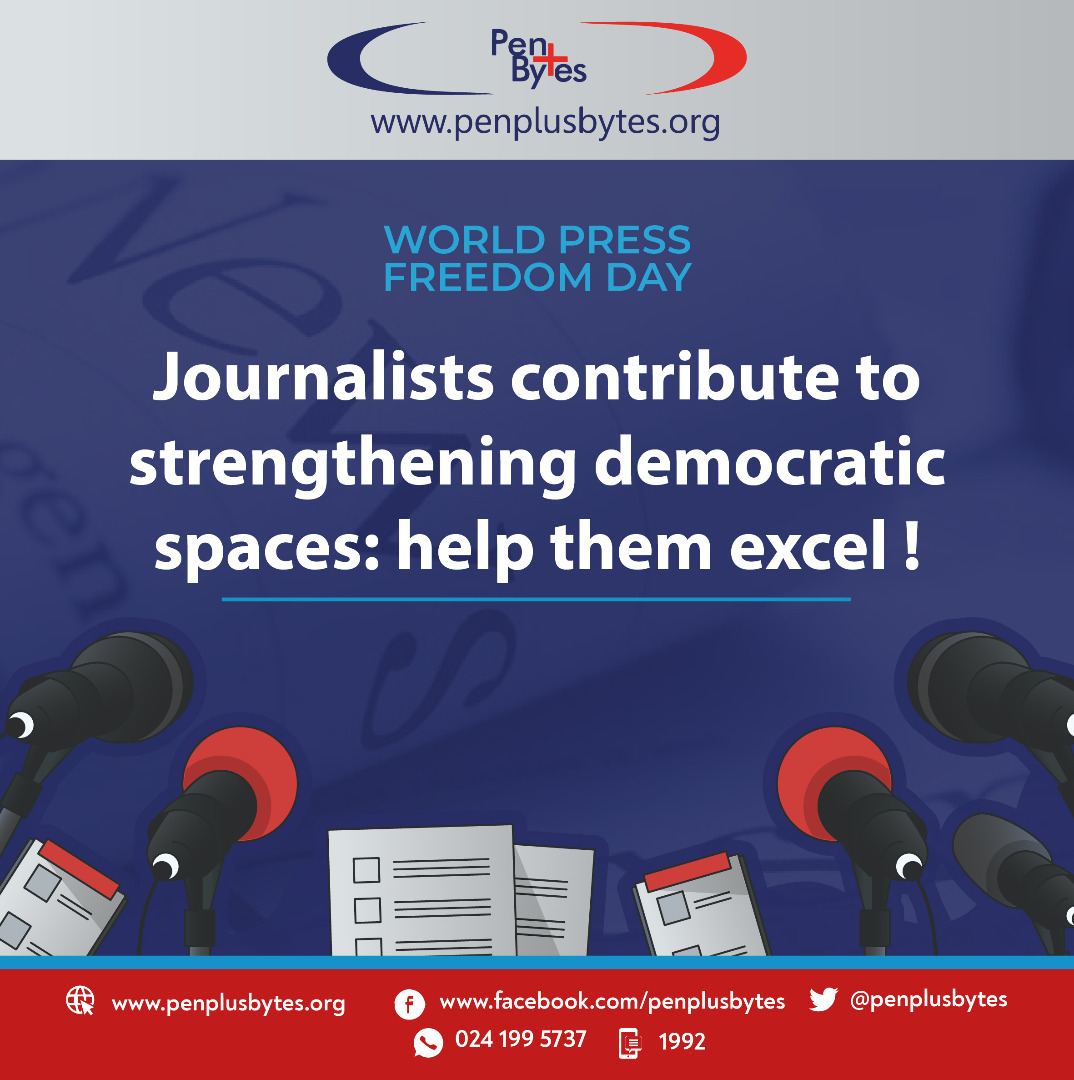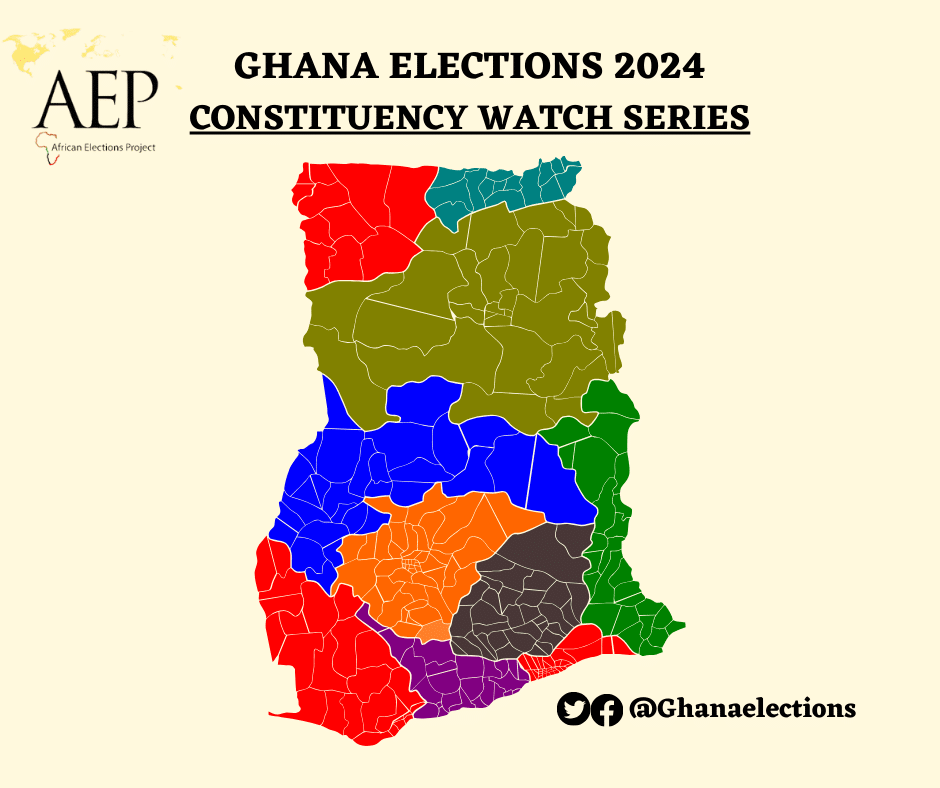 The contribution of media to the development of democracies cannot be overemphasized. Journalists all over the world and in Ghana have contributed immensely to the consolidation of the democratic credentials by exercising their oversight responsibility over the arms of government; ensuring accountability and transparency of state institutions. Since the inception of the fourth republic, successive governments have put measures in place to ensure freedom of the press in the country; both in terms of policy and regulations.
The contribution of media to the development of democracies cannot be overemphasized. Journalists all over the world and in Ghana have contributed immensely to the consolidation of the democratic credentials by exercising their oversight responsibility over the arms of government; ensuring accountability and transparency of state institutions. Since the inception of the fourth republic, successive governments have put measures in place to ensure freedom of the press in the country; both in terms of policy and regulations.
However, there are some serious issues that require urgent attention.
Brutalities against journalists: Journalists are often brutalized and attacked with impunity in their line of duties by police officers, political party activists, and their affiliates; “political vigilantes” and irate members of the public. Some of these attacks have permanently injured some journalists and led to the loss of lives as in the case of Ahmed Suale. Afia Pokua, Ahmed Suale, Latif Iddrisu, Mannaseh Azureh are just a few of the journalists who have suffered some degrees of brutalities in their line of duties. This development seriously undermines the freedom of the press.
Lack of information regulation: Information is critical to the work of the media. However, journalists are often faced with the challenge of inaccessible information, particularly from state agencies. This, therefore, prevents journalists from carrying out their duties. Notwithstanding, the passage of the two-decade RTI bill by the legislature, which is well commented but, the inability of the Table Office and the Attorney General’s (AG) office to furnish the executive with the bill for presidential assent renders this bill a white elephant. This prevents journalists from accessing important documents to work with. This is a worrying situation and requires urgent attention from the legislators and the presidency.
As the world celebrates journalists for their hard work, and dedication to the goal of shaping the perceptions of society, Penplusbytes, joins hands with other like-minded organizations to congratulate them for their unflinching and unperturbed spirit to getting citizens news in order to inform their decisions.
In going forward, this is an opportune time to reflect and proffer key recommendations to ensure the safety of journalists:
Recommendations
Journalists:
- Journalists who have suffered police brutalities should not rush to the “mic”. They should rather go through the laid down process of reporting and exercise their rights in the law courts
- Journalists must have personal safety rules to guide them in their line of duties.
Media Houses/organizations/owners
- Owners of media organization should take a keen interest in the safety of their journalists
- Media houses should adhere to ethical journalism by staying away from the publication of erroneous, unacceptable, unverifiable and fake contents. They must help fight the fake!
- Newsrooms should adopt internal strategies and mechanism to uphold the safety of their employees (journalists) to ensure professional standards are adhered to at all times
- Newsrooms must educate and sensitize the public on the work of journalists and its importance for our general wellbeing and need to protect their safety
Police Administration:
- Dockets of abused journalists should not be filed away or left with higher echelons of the police administration.
- There should be speedy investigation and punishment of officers and other offenders involved in such acts so as to build journalists confidence and trust in the police administration.
- Additionally, there is the urgent need to establish an independent body to inquire into police brutalities meted out to journalists.
- The police administration should introduce police-media relations in the police training schools and periodic in-house refresher trainings for officers.
Ghana Journalists Association
- The Ghana Journalists Association must, as a matter of urgency, institutionalize measures to protect the freedom and uphold the freedom of the press.
- The phenomenon of political militias is marring the democratic credentials of the country. Therefore, the media must take up the fight against political vigilantism at all levels to rid the country off this canker.
Citizens
- Citizens must endeavor to provide protection to journalists when the need arises and also assist investigative bodies with the necessary information on alleged abuses of journalists
Government
- The government must uphold the constitutional rights of journalists. The protection of these rights should not be mere rhetoric by the government but must be seen implemented to the letter.
- The Attorney General (AG) and the Table’s office of ParliamentCommittee of Parliament currently working on the RTI regulation must speed up the process of fine-tuning the bill for presidential assent
- The Executive should not waste a minute on assenting to the bill after its fine tuning by the AG Department and the Table’s office.
End






